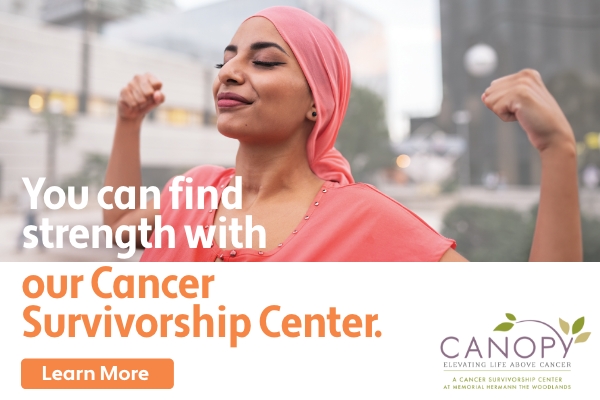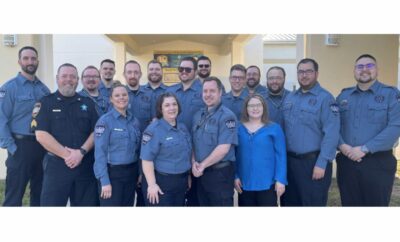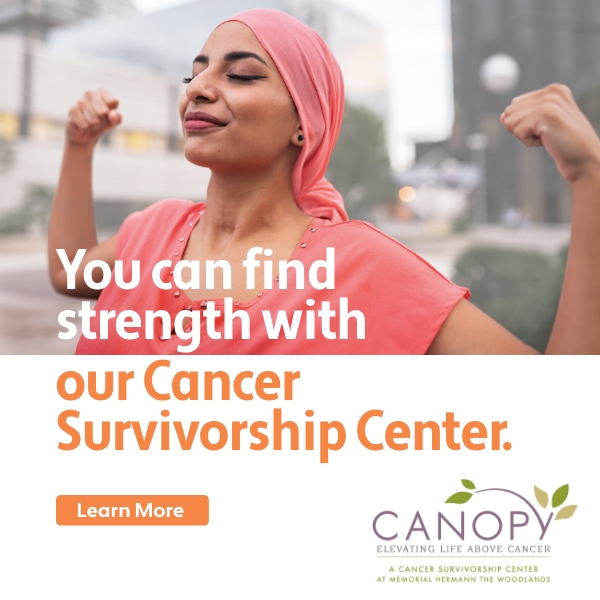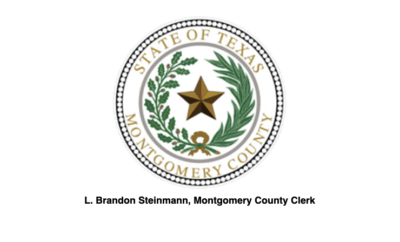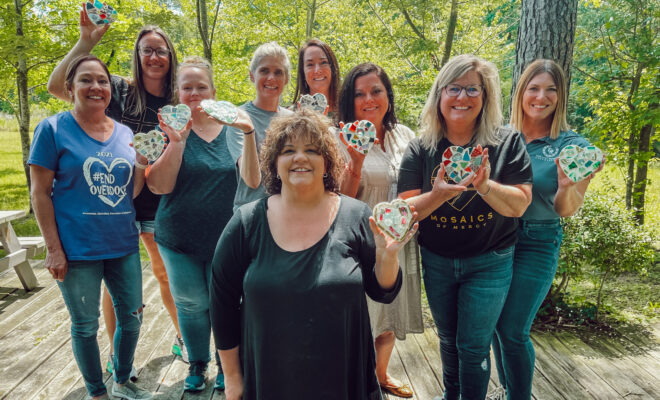 Photo by Mosaics of Mercy
Photo by Mosaics of MercyHealth
Mosaics of Mercy to launch Database with Mental Health Resources
Local nonprofit Mosaics of Mercy is working on creating a database that will offer mental health, addiction recovery, and crisis resources that are available to the community. With a planned launch in Fall 2022, members of the community as well as mental health professionals, medical professionals, schools, and churches will be able to access the centralized database and up-to-date resources online or by phone at no-cost. Read our interview with Sherry Burkhard, Director of Education, and the Mosaics of Mercy team below to learn more about the project and upcoming launch of the database.
The Interview
What is the mission of Mosaics of Mercy and how your team currently serves the Montgomery County area?
Mosaics of Mercy’s mission is to help families navigate mental health and addiction recovery. Our community has resources and people in need, but the gap between the two often makes it difficult and confusing for someone to connect to help. That lack of connection can be the difference between life and death.
Mosaics strives to build a bridge across that gap by providing vetted resources, education, and hope. Family navigators are available 9 a.m. to 4 p.m. to answer calls and create a personalized plan for someone needing help finding resources such as counselors, support groups, treatment centers, and more. The navigator will ensure that the resources provided fit the caller’s specific needs and have availability. For someone who does not feel comfortable making the call, we currently have many of our vetted resources categorized on our website.
Mosaics provides education by providing individualized information for each caller’s situation, our Hope Pieced Together Podcasts, and conferences held in the community. Last but not least, we offer hope for those amid a struggle through our personalized service and sharing of our journeys.
Many clients say Mosaics is “the place to call when you don’t know where to start.” Once they make the call, they say, “I feel like I can breathe again.”
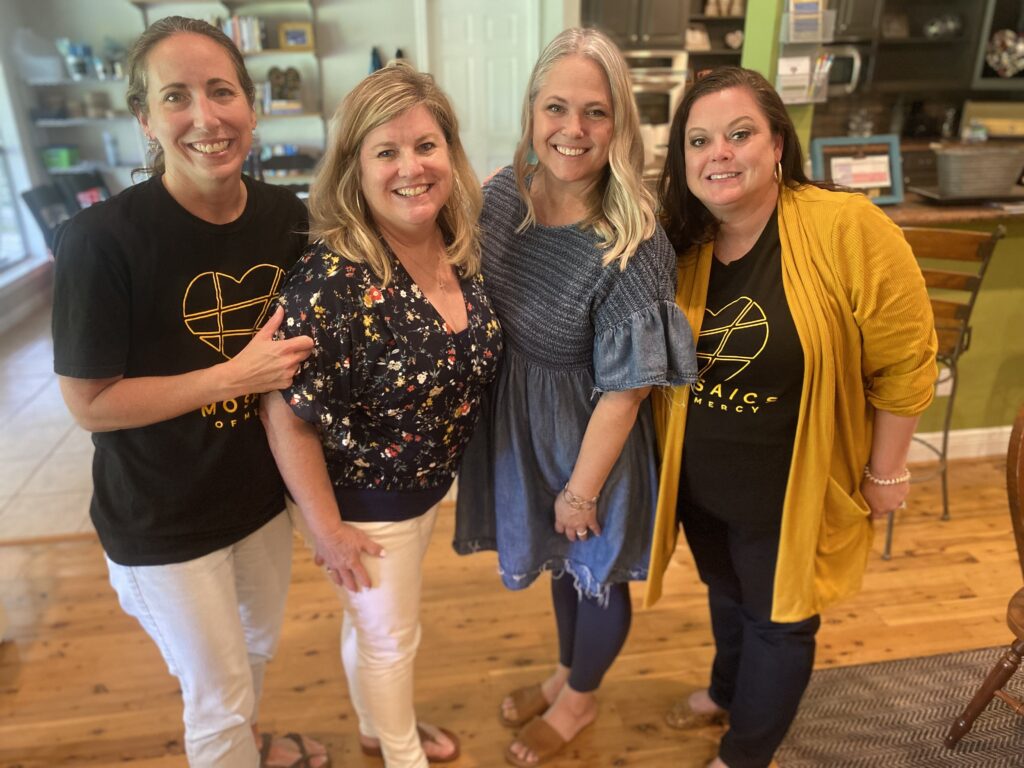
Tell us about Mosaics of Mercy’s database that is currently in development. What information and/or resources are included? Why is the database an important tool?
Mosaics of Mercy is developing a database that the community at large can access. The database will contain information on counselors, treatment centers, hospitals, support groups, mental health organizations, educational events, crisis resources, and more. Each of the resources are vetted through an interview by one of our navigators to ensure accurate information. With this new system, there will be search filters to assist someone in narrowing down information for their specific situation. A unique aspect of Mosaic’s database and services is its completely neutral nature. We do not accept payment or market services for any entity.
The database is an important tool because it provides a centralized, trusted place in the community for people to look for resources. Previously contact points such as doctor’s offices, churches, and schools would hand out lists of resources, but they are quickly outdated and inaccurate. People receiving the lists become discouraged because they do not help them connect with a viable resource in their time of need.
The database also allows Mosaics to paint a picture of mental health and the available resources for our community. Data that we will be able to provide through this new system will be general information such as the age and gender of clients making requests, locations where services are needed, and the number of calls/searches related to specific issues. It will also enable us to look at more in-depth data, such as if a call is related to suicidal ideation, is this the first time they have reached out for help. Data helps Mosaics and the community at large advocate for services needed and identifies issues that gaps that education could address.
How will the community be able to access the database information?
The community will be able to access the database through our website, www.mosaicsofmercy.com. In addition, personalized help will be available by calling Mosaics directly 9 a.m. to 4 p.m. Monday through Friday at 346-703-0051.
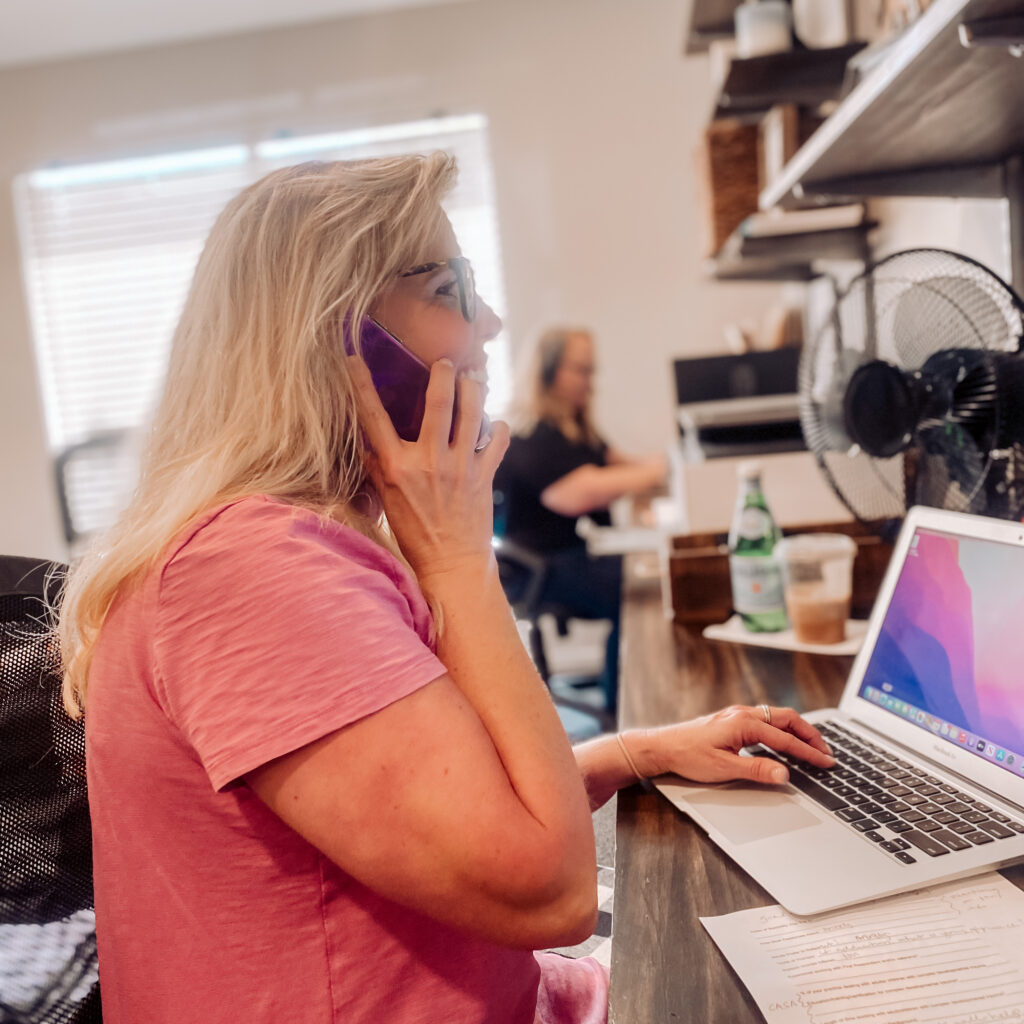
How will the database change Mosaics of Mercy’s processes and/or ways to provide resources?
The database will allow Mosaics to reach more community members who are not comfortable making the call for personal assistance with resources. Due to stigma and shame, mental health topics can be challenging to discuss. An anonymous platform to search enables those people to access help without picking up the phone.
The database will also be a centralized hub for mental health professionals, medical professionals, schools, and churches to turn to for more accurate, updated information. We hope this will prevent the outdated lists from being handed out to people in our community.
Mosaics will continue to provide its personalized service through our navigators. A mental health situation is often complex and requires a navigator to make calls and draw on their professional knowledge to help someone get to what they need.
When is the database’s planned launch date?
The database is estimated to release in Fall of 2022. However, no one has to wait to reach out to Mosaics. Our navigators are able to assist with resources and the current website also has a wealth of information available.
How is the new database project being funded?
In September 2021, ARPA funds (American Rescue Plan Act) were being distributed within the county by the Montgomery County Commissioner’s Court. Tri-County Behavioral Healthcare received a portion of these funds to support mental health services in Montgomery County. With the support of Judge Wayne Mack with the Behavioral Health and Suicide Prevention Task Force and Brenda LaVar, Ph.D., with NAMI (National Alliance on Mental Illness), Mosaics of Mercy contracted with Tri-County for the Navigation Project. Mosaics is grateful for the part each of these entities plays in supporting the mental well-being of our community.
Before the funding, Mosaics had a small but passionate staff of three employees. To take on something as significant as this database and continue with the operations Mosaics already had in place required approaching the project in phases. The first step was hiring and training additional staff. While data is beneficial, it is only a tool. The people behind the data make the difference. The next step was building the database’s internal portion to align with the navigation process. Currently the focus is on building the external part of the database that the community will access. The final step will be the launch. In this phase, Mosaics will give the community access to the database with education on how to use the system.
How can the community support the database, services provided, and mission of Mosaics of Mercy?
The community can help by sharing the Mosaics of Mercy website, our Hope Pieced Together Podcasts, and social media posts to make people aware that there is a place in our community that can come alongside them during their mental health or addiction struggle. Mental health providers who are not currently connected with Mosaics can support the database by reaching out to Mosaics so that a navigator can go through the vetting process to become part of our system.
Mosaics will be having a Fall Festival, 5K Trail Run, and Kid Fun Run at the The Grounds on 1488 on Saturday, October 22nd. Sponsors, runners, and volunteers are all needed for this event. This is a great opportunity to get involved, learn more, and share hope in the community!

In February, Mosaics will have their second annual For the One Gala to “light the way” for those in our community who are suffering. The gala will be held at Madera Estates. Information will be coming soon on sponsorship and volunteer opportunities.
Is there any other information that you would like to provide about the database and/or Mosaics of Mercy?
Mosaics of Mercy was founded by people in the community who personally experienced the difficulties of navigating mental health and addiction related issues for themselves or a family member. They used their personal and professional experiences to initiate change. However, it is the community at large coming together to support a better way for mental health and addiction recovery that has allowed it to grow. Every life in our community matters.
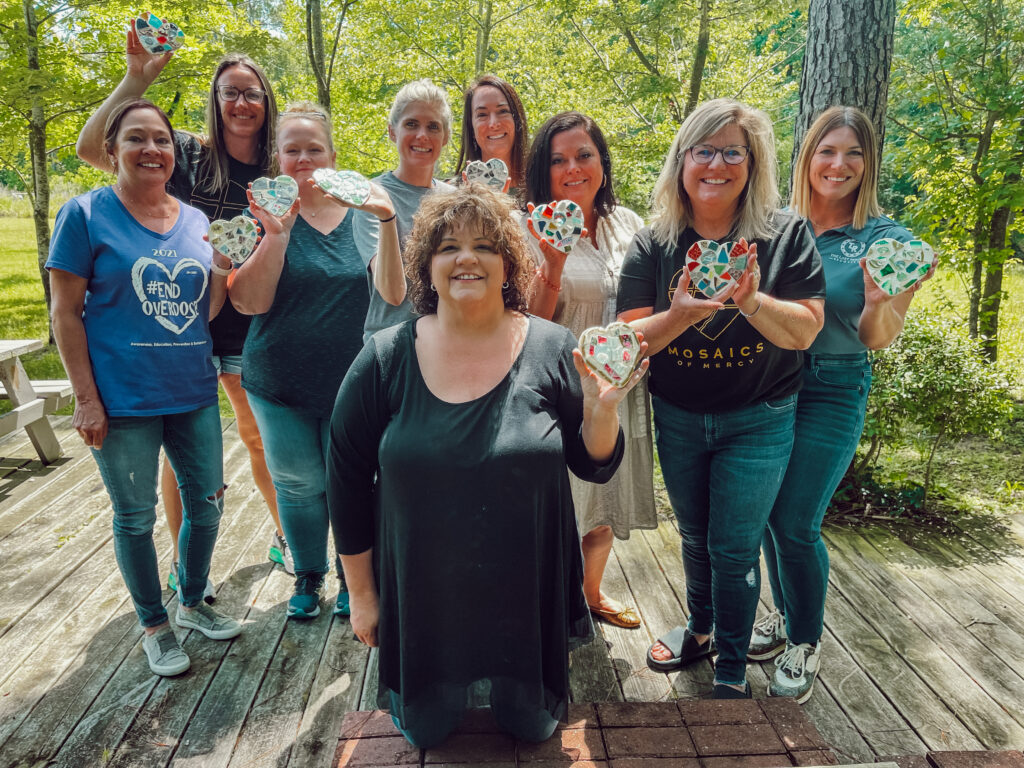
Learn more about Mosaics of Mercy, find mental health and addiction recovery resources, discover how to get involved, and get more information on the upcoming database by visiting mosaicsofmercy.com.




